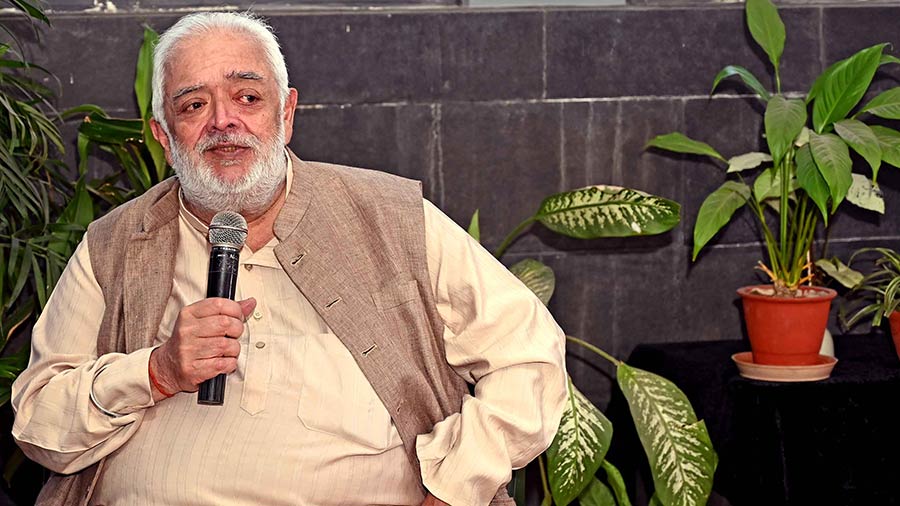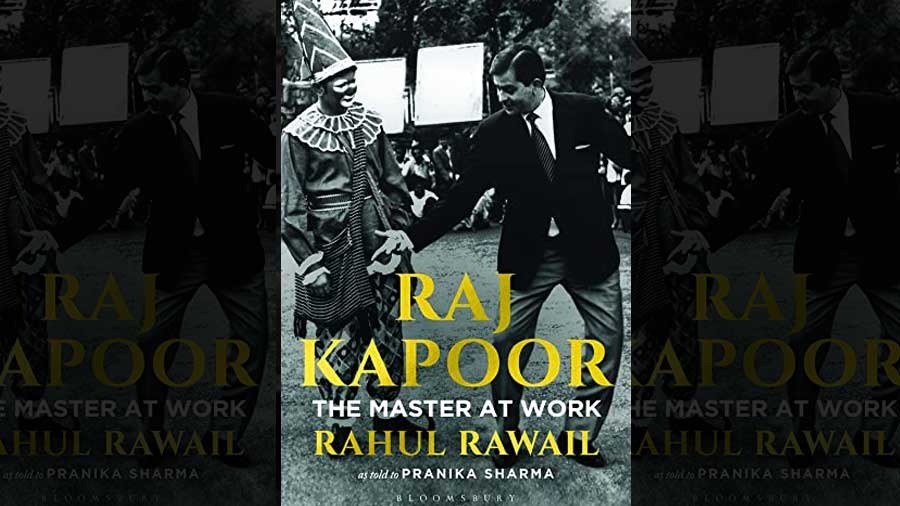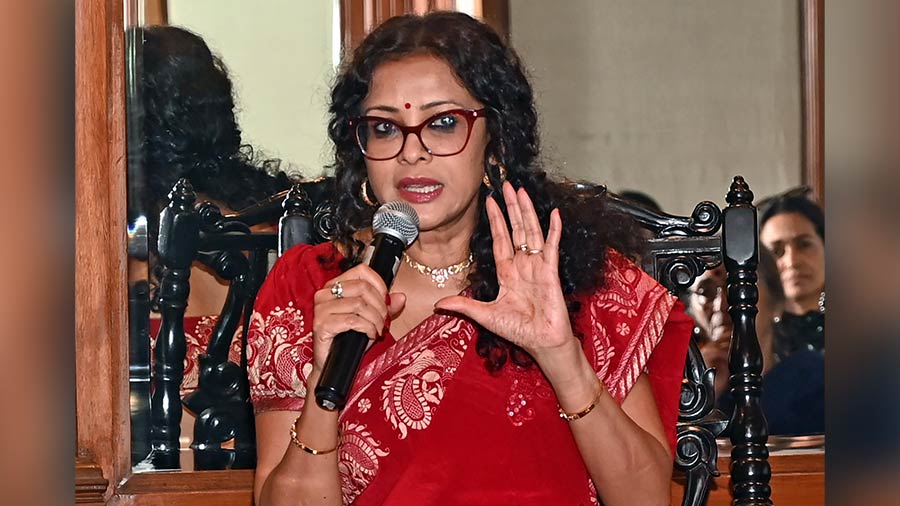Rahul Rawail’s prowess as a director is well-known. The director of blockbusters such as Love Story, Betaab, Arjun, Dacait, Anjaam and Arjun Pandit is also the author of Raj Kapoor: The Master at Work, a book detailing his experience of being trained by one of the finest directors of India.
The director and author engaged in a tete-a-tete with Shefali Rawat Agarwal, Ehsaas Woman of Kolkata, at the latest session of Ek Mulakat, organised by Prabha Khaitan Foundation at The Salt House, in association with Shree Cement Limited, with My Kolkata as the digital partner.
A career scripted by happenstance
It would not have been surprising had the son of acclaimed director Harnam Singh Rawail chosen filmmaking as a career, but it was pure happenstance that led Rahul Rawail into the world of cinema. Rawail had wanted to be a nuclear physicist but an opportunity to watch Raj Kapoor direct a film changed his life. “When I saw Raj saab working on the sets of Mera Naam Joker, it felt like I was watching a symphony conductor. There were 5000 people on the set, 3000 extras, and 250 Russian and Indian circus artists. My entire day was spent seeing how Raj saab worked. The next day I went again, and that was the end of my nuclear physics journey. I was very lucky to be trained by him,” acknowledged Rawail.
Learning from a genius
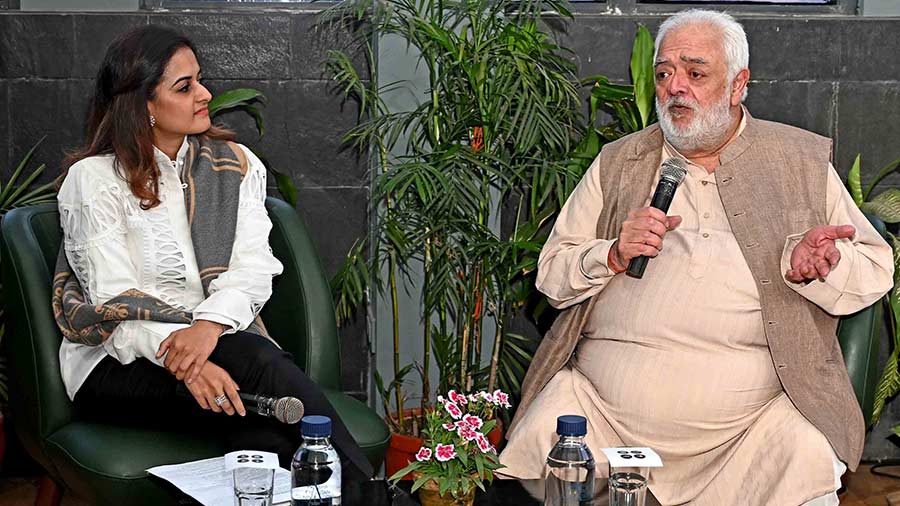
Shefali Rawat Agarwal in conversation with Rawail
Few are lucky enough to witness the greatness of a genius from up close and fewer still have the privilege of being guided by such stalwarts. Rawail happens to be both. Talking about Raj Kapoor: The Master at Work, Rawail pointed out that the book is not a biography but is about a young boy who discovers the real Raj Kapoor. “His way of working — how he conceived stories, shots, and chose the colour palette were all marks of a true genius,” said Rawail. Kapoor’s phenomenal memory often stupefied Rawail while the latter was working with him as an assistant director. “In Mera Naam Joker, we had shot over 10 hours of just the crowd standing and watching the circus. Later, Raj saab asked us to remove a specific shot where everybody was looking at the camera and there was just one man who was looking slightly to the left of the camera. We said that it was impossible for such a scene to exist, let alone to find it. But he was sure that there was one. We had to go through all the footage and we found that scene. It was remarkable how he remembered that tiny detail,” remarked Rawail.
Kapoor was also one of the best teachers that Rawail could have asked for. When he joined Kapoor as an assistant director, he was encouraged by Kapoor to ask questions so that he would learn faster. “He made me realise that if I never ask anybody how to solve a problem, that problem will always remain unsolved,” said Rawail. In fact, even after Rawail had branched out into directing himself, he would come back to work with Kapoor as an assistant whenever he had the time.
Stories over genres and method over magic
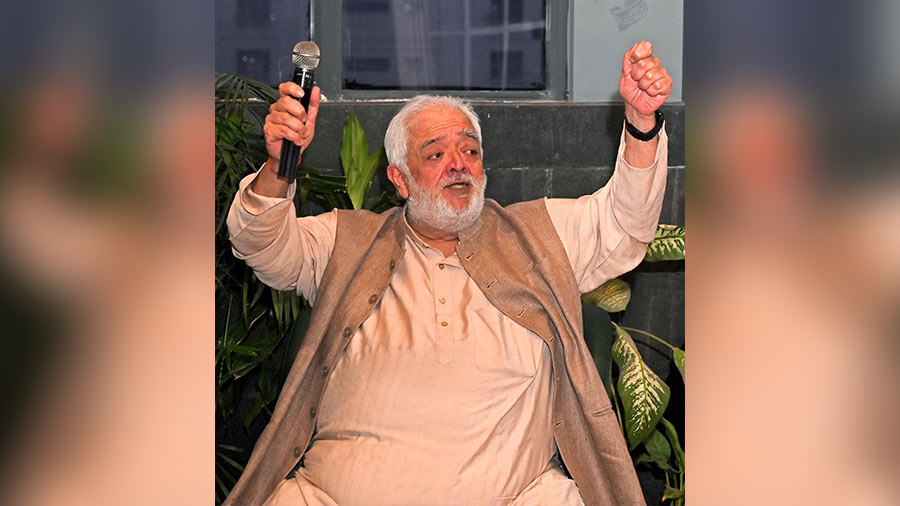
Rawail said that there was no secret formula behind his films, crediting their success to what he learnt from Raj Kapoor
Despite most of his films being romances, Rawail believes that stories are more important than genres. “I’ve never stuck to one genre. I’ve tried to weave different kinds of stories. Arjun was a trendsetter and it changed a lot for Hindi films. Dacait broke the stereotype of dacoits being lawbreakers with pagris and tilaks. After that, I did Anjaam, which was a love story that had a cruel edge to it,” elaborated Rawail.
There was no secret formula that was responsible for the success of his films. Rather, it was his years of training under Raj Kapoor that set him up for success. Rawail implemented what he had learned while working with Kapoor because that was what he knew to be the best. “If I could put into practice even half of what I had learned under him, I’d consider myself a success,” added the director.
The past and the future of filmmaking
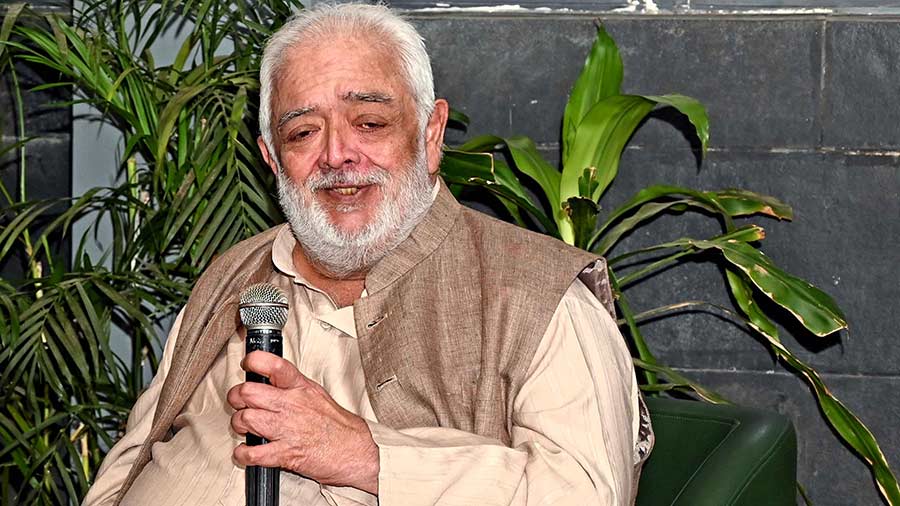
Rawail cited actors taking over films as one of the reasons why he no longer makes films
So why did Rawail stop making films? “Actors have taken over filmmaking. They are the be-all and end-all of a movie. They decide everything. We had to learn the art but now they have even created a software after spending crores of rupees to decide whether a scene is right or wrong. You shouldn’t be needing software to know whether a scene is right or wrong. I couldn’t work in such circumstances and I felt I had lost touch with the audience,” explained Rawail.
Even the process of creating music for films has changed. For Rawail, whose films have featured some of the most-loved Bollywood songs, the ethos of the bygone era has gone missing. “When I was an assistant with Raj Kapoor, I had seen singers like Lata Mangeshkar and Mohammed Rafi come to the studio and rehearse their songs, which nobody does today. They’d also ask about the character who is singing the song and the situation. Most of the Rafi and Kishore Kumar songs sounded like the actors they were singing for. For my films, Rahul Dev Burman and Anand Bakshi created beautiful songs, which have stood the test of time. I had seen those people work and it was different,” reminisced the author.
But the emergence of OTT platforms has renewed hope. “OTT has made the situation better and filmmaking as an art is being rewarded and not being dictated by the whims of the actors,” concluded Rawail.
The session concluded with Rawail participating in a lively Q&A session with the audience and the director being felicitated by Rupa Halim on behalf of the foundation.
Guests speak
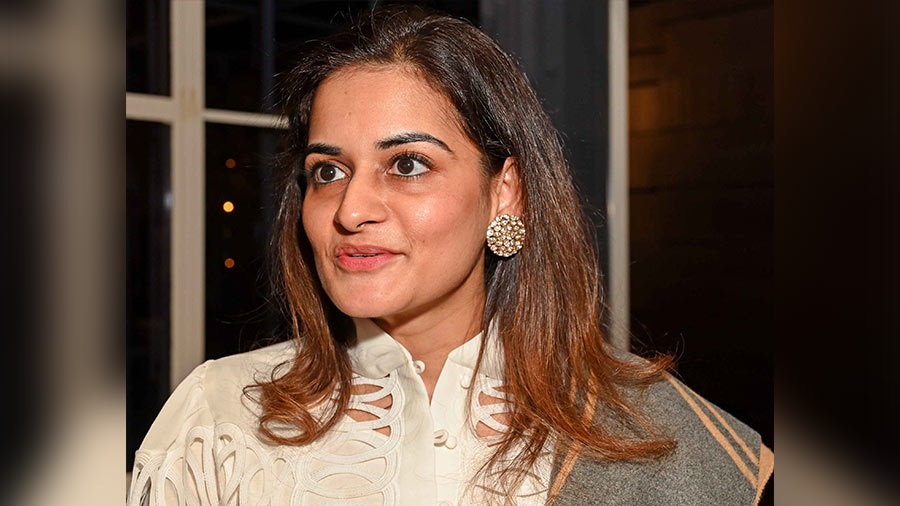
Shefali Rawat Agarwal

“It was amazing to hear Mr Rawail speak of his experiences of working with Raj Kapoor. In his days, directing was like learning how to drive a manual car versus today when it is like an automated car that anyone can get used to. They learned the nitty-gritting of filmmaking the hard way.”
Shefali Rawat Agarwal, Ehsaas Woman of Kolkata
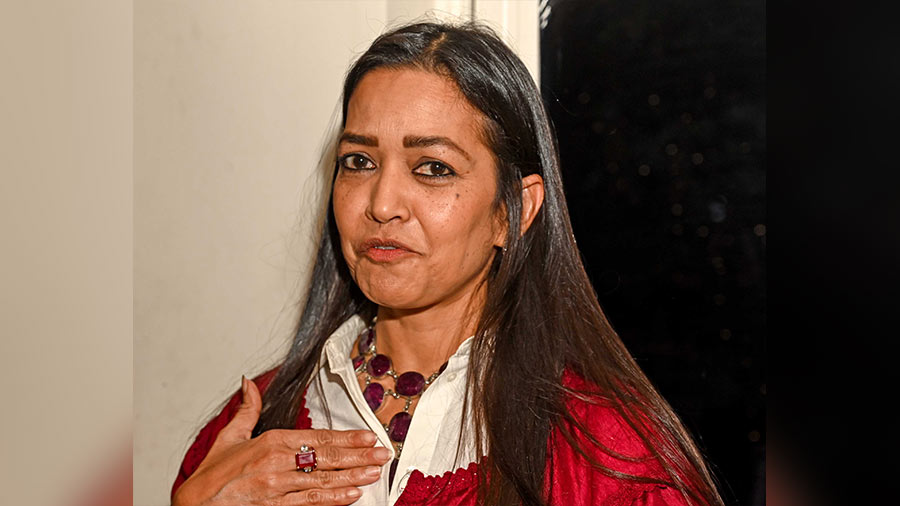
Esha Dutta

“This evening was extra special for me because we come from a family of film production and distribution. Personally, my husband and I have had a connection with Rahul Rawail sir. This made the evening extra special. My family also had an association with Raj Kapoor. So, from a personal point of view, it was a memorable session. Apart from that, the different insights into filmmaking, the then and the now, and the comparisons were enlightening. He still has hope for films like Love Story and Betaab to be made in the future, so that’s fabulous.”
Esha Dutta, Ehsaas Woman of Kolkata
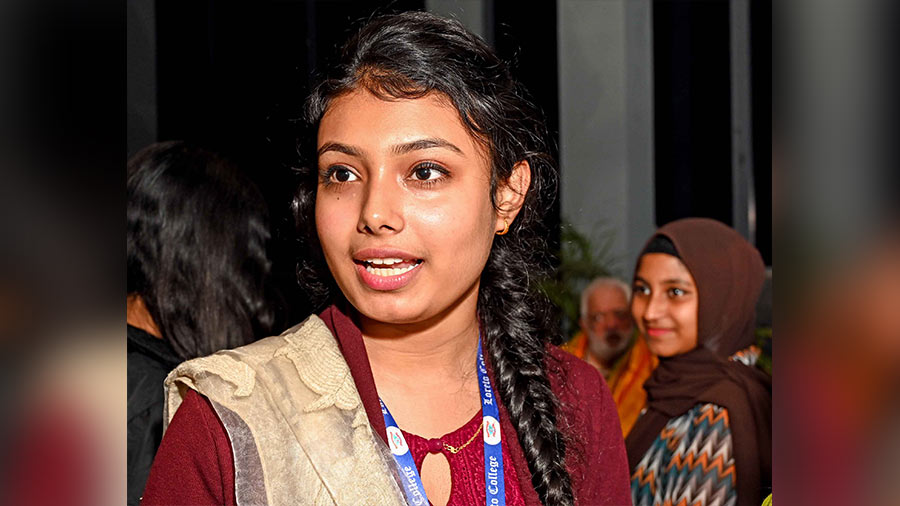
Suhana Afrin

